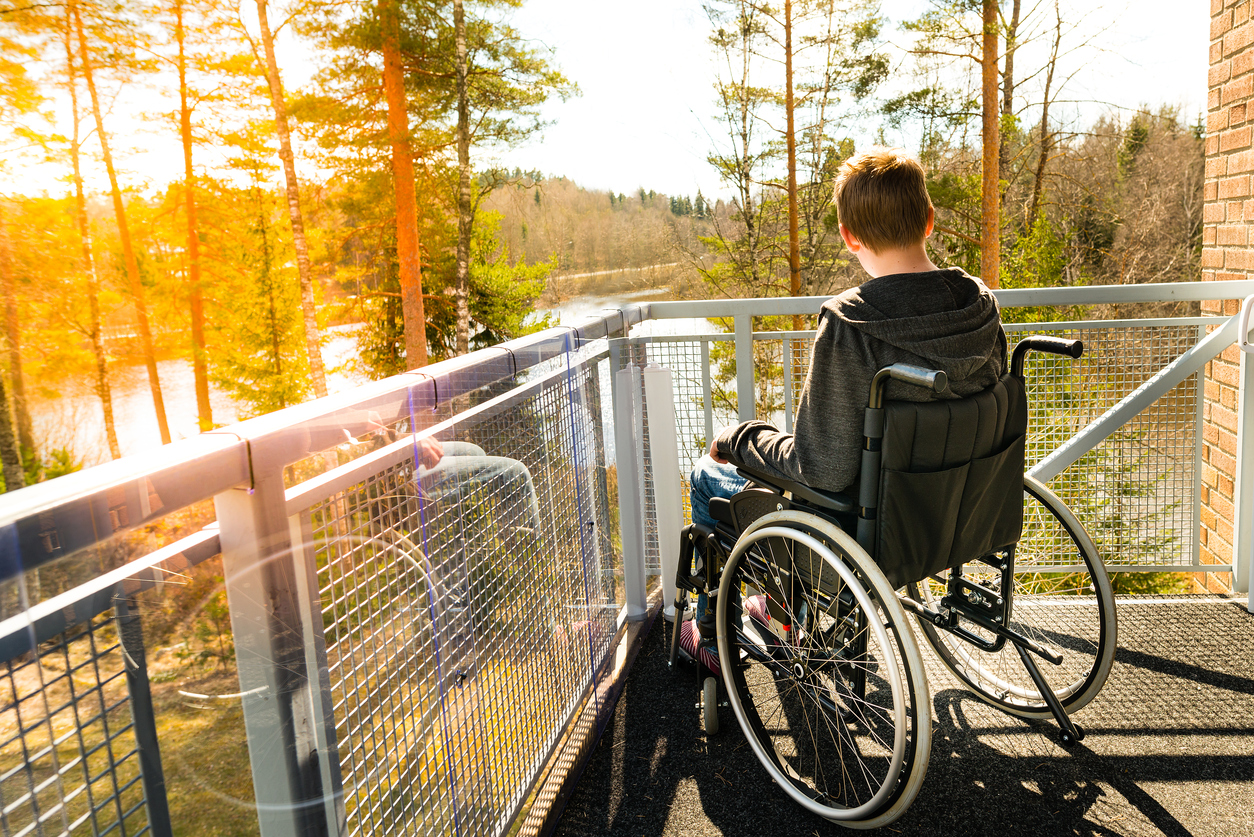Big day for Duchenne as Sarepta gets first gene therapy nod

Almost against the odds, Sarepta’s gene therapy for muscle-wasting disease Duchenne muscular dystrophy (DMD) has been given accelerated approval by the FDA, albeit in a fairly narrow patient group.
The green light for delandistrogene moxeparvovec – now given the brand name Elevidys – comes after a long and sometimes tortuous path through clinical development and an FDA advisory committee vote that only barely went in favour of approval.
Accelerated approval with a requirement for a confirmatory clinical trial was expected, but the FDA has also limited the eligible patient group to patients aged between four and five years who are ambulatory, i.e. they can walk. Sarepta had been hoping for a label covering a broader age range of ambulatory patients.
It is nevertheless a big win for Sarepta, which has brought the first DMD gene therapy to the US market ahead of rivals Pfizer and Solid Biosciences.
For patients, it offers the first treatment that could alter the course of the fatal disease by treating the underlying cause of DMD with a therapy that delivers functional dystrophin, the protein that is deficient in the disease. DMD is an X-linked genetic condition that occurs primarily in males and generally results in death sometime in their 30s.
$3.2m price tag
The company’s chief executive, Doug Ingram, said on a conference call that it will sell the one-shot therapy at $3.2 million, placing it among the most expensive gene therapies on the market. He said economic modelling has suggested, however, that it could be cost-effective at even $5 million or more.
Gene therapy developers suggest their one-off therapies can save health systems money by reducing the high cost of caring for patients with devastating, progressive illnesses. There is, however, still relatively little data on the long-term durability of Elevidys’ benefits.
The FDA was somewhat uncharacteristically upbeat in its official statement on Elevidys. Peter Marks, head of the Centre for Biologics Evaluation and Research (CBER), said the approval “addresses an urgent unmet medical need and is an important advancement in the treatment of Duchenne muscular dystrophy, a devastating condition with limited treatment options.”
Sarepta is already running the confirmatory EMBARK study that could convert the accelerated approval to full approval and expects the results to be available before the end of the year. That is enrolling around 120 ambulatory boys with DMD aged four to seven and, if the results are positive, could remove the age restriction from Elevidys’ label.
Sarepta already sells a range of exon-skipping therapies for DMD that treat symptoms and delay disease progression that is on course to collectively generate around $1 billion a year in revenues in 2023, but Elevidys could outpace those.
Some analysts are predicting sales of $2 billion to $4 billion, if the label for the gene therapy is expanded to include all ambulatory patients. At the moment, the label covers only around 400 patients per year, said Ingram. It is estimated that about 20,000 children are diagnosed with DMD globally each year.
The Muscular Dystrophy Association (MDA), which described the approval as “ground-breaking”, has set up a support network to provide support and guidance to patients and their families hoping to access gene therapies.
Ingram has previously said that it could take a few months to build the logistical infrastructure and reimbursement pathways needed to allow patients to start receiving the therapy in a commercial context.
“Developing new treatments, particularly first-in-class treatments like Elevidys, in DMD is incredibly difficult, as DMD progresses slowly and heterogeneously, thus making clinical trials for new treatment options very challenging,” said Paul Melmeyer, head of public policy and advocacy at the MDA.
“We actively partner with the FDA to look for any way to speed the approval of life-changing therapies, and we hope Elevidys will soon be making a difference in the lives of patients and their families,” he added.













